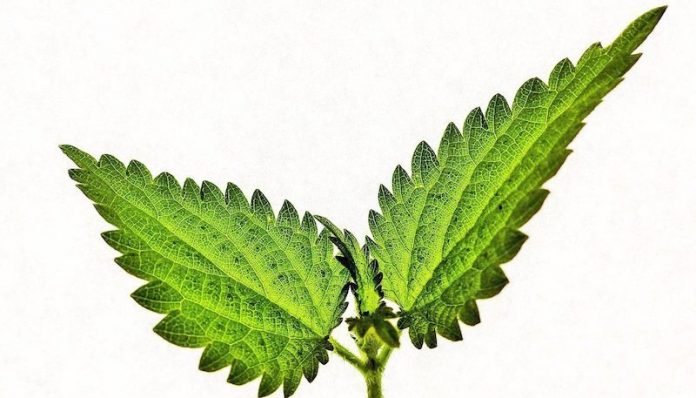
In a recent study published in Frontiers in Physiology, researchers found how plants with a long history of use by Native Americans worked to treat pain and diarrhea.
The study is from the University of California, Irvine and was conducted by Geoffrey Abbott et al.
In the study, the researchers reveal a striking pattern following a functional screen of extracts from plants collected in Muir Woods National Monument in coastal redwood forest land in California.
They found plants that activated the KCNQ2/3 potassium channel, a protein that passes electrical impulses in the brain and other tissues, have a long history of use by Native Americans as topical analgesics, to treat conditions such as insect bites, stings, sores, and burns.
Less intuitively, the same plants that activated KCNQ2/3 and were used as folk analgesics, were often also used as gastrointestinal aids, especially for preventing diarrhea.
KCNQ2/3 is present in nerve cells that sense pain, and its activation would be expected to soothe pain by disfavoring transmission of the pain signal.
The breakthrough finding came when the team discovered that the same plant extracts that activate KCNQ2/3 have the opposite effect on the related intestinal potassium channel, KCNQ1-KCNE3.
The team is currently undertaking a much broader screen of native US plants toward these goals.
Already they have shown that quercetin and tannic and gallic acids, present in several of the plants studied, explained many of the beneficial effects of the plants.
The team also identified binding sites on the channel proteins that produce the effects.
With this knowledge at the molecular level of compounds that can activate versus inhibit closely related human ion channel proteins, future work can be directed at improving drug specificity and therefore safety, while retaining efficacy.
More specifically, medicinal chemistry approaches can be applied to further optimize the plant compounds with the goal of treating pain and secretory diarrhea.
If you care about pain, please read studies about drug that may relieve painful ‘long covid’ symptoms, and findings of what you need to know about chest pain.
For more information about pain, please see recent studies about how to manage your back pain, and results showing that exercise harder if you want to ward off pain due to ageing.
Copyright © 2022 Knowridge Science Report. All rights reserved.



